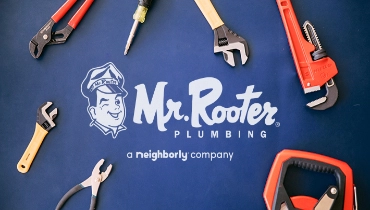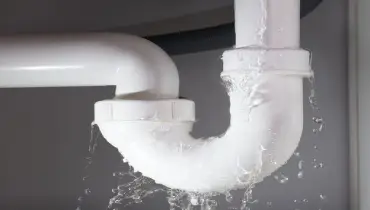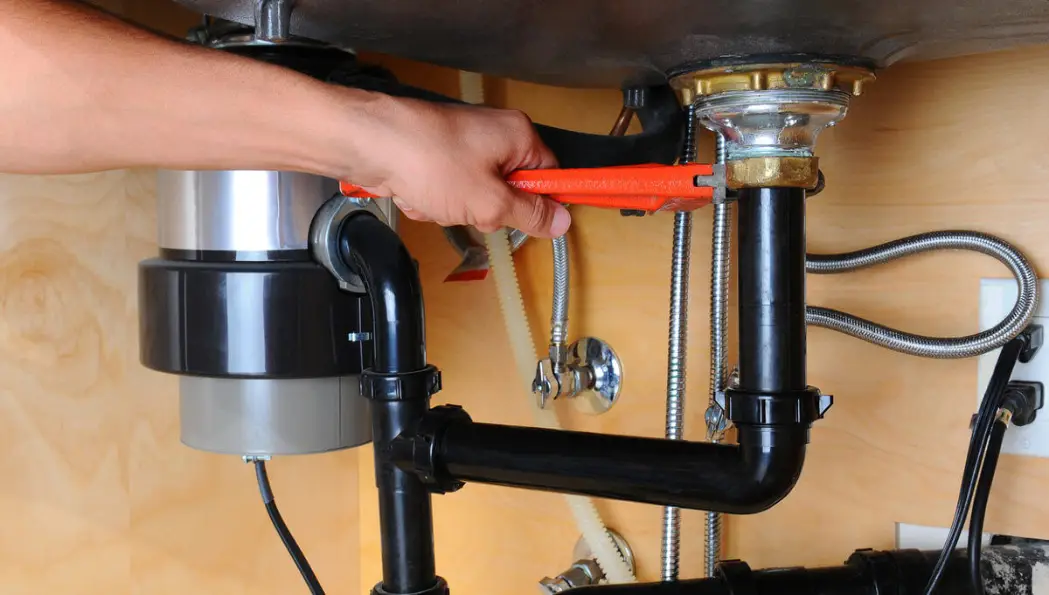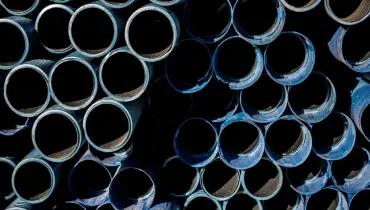Our Fort Worth Plumbing Blog
Shared Resources for Your Home Needs
All Blogs
Most people never give their toilet a second thought—as long as it is functioning properly and doing what it's supposed to d
Learn morePlumbing leaks happen to everyone, but just because they're common, it doesn’t mean they aren’t something you should be
Learn moreDo you wish there was a convenient, easy way to get rid of food waste in your kitchen, without creating more stinky trash for your
Learn morePlumbing leaks happen to everyone, but just because they're common, it doesn’t mean they aren’t something you should be
Learn moreBlog Categories
Let Us Call You
Blog Categories
About Mr. Rooter Plumbing

Since the original Mr. Rooter was founded in 1970, the company has remained committed to a set of core values that are rooted in performing quality work at honest prices. Nearly half a century later, the original Mr. Rooter business is still servicing homes and businesses in and around Oklahoma City. It’s still independently owned and operated with strong ties to the community that made it all possible.



